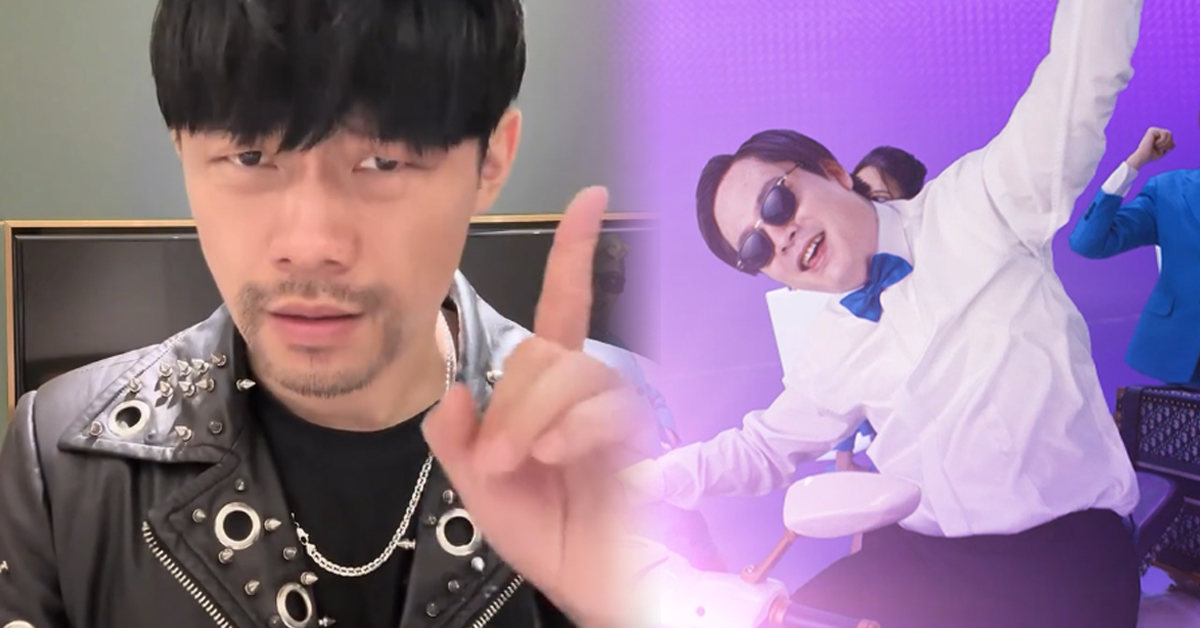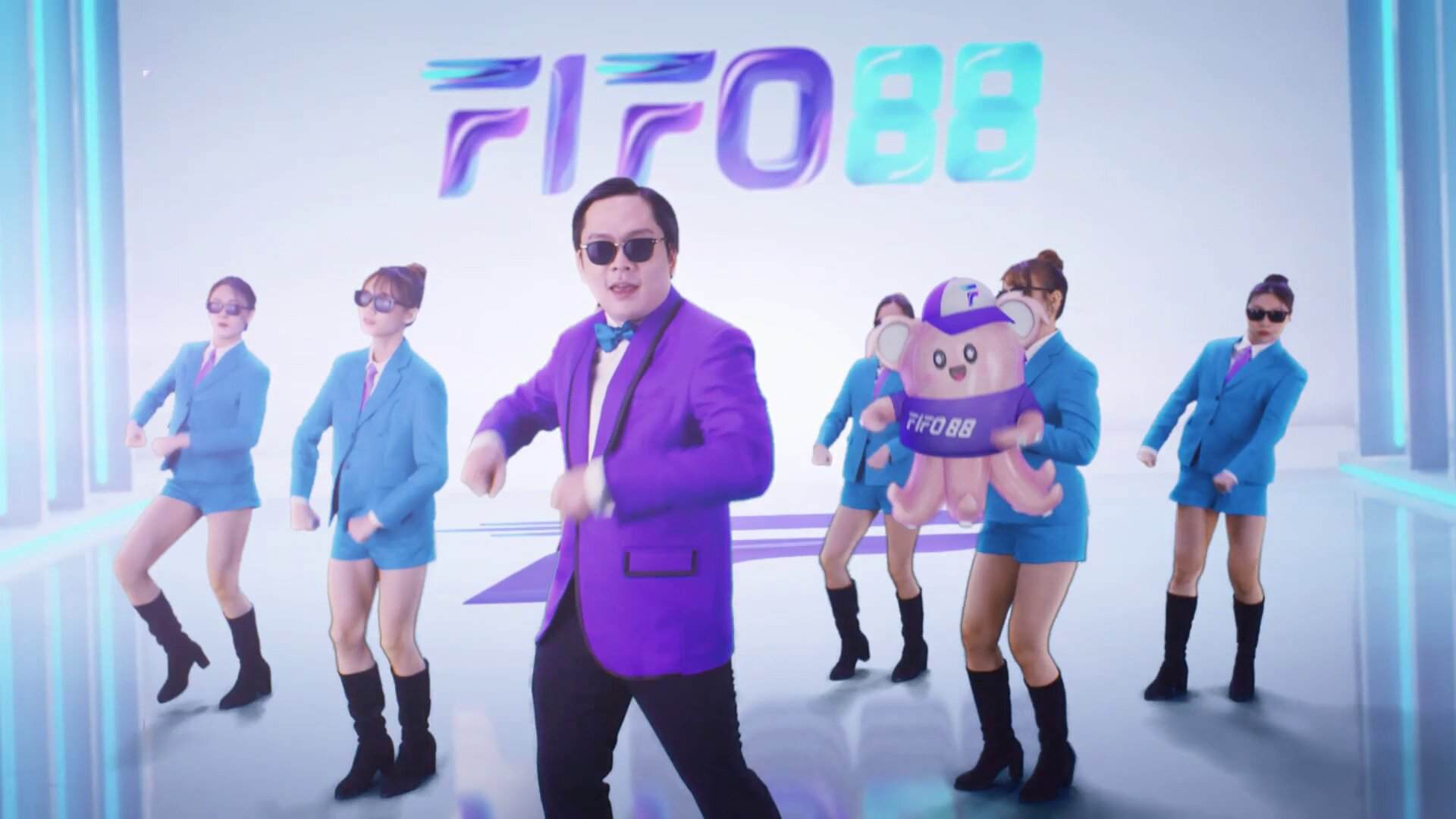
KUALA LUMPUR: “China has Black Lun, Malaysia now has Fake PSY!” A man resembling the Korean pop icon PSY has taken the internet by storm after starring in an advertisement for the online entertainment platform FIFO88.
Dubbed as “PSY 2.0,” the impersonator mimics PSY’s signature style and dance moves, captivating netizens with his energy and charisma. However, eagle-eyed viewers were quick to point out the differences, such as his facial features and hairstyle, sparking a heated debate online.

In China, Black Lun—a well-known lookalike of Taiwanese star Jay Chou—has become a cultural meme, often sparking humor and controversy. Now, Malaysia’s “Fake PSY” is igniting a similar buzz, raising questions about the advertising industry’s growing use of celebrity lookalikes.

Reports suggest that this local PSY impersonator was discovered during a promotional event and later invited to star in FIFO88’s latest ad campaign. The commercial, said to have cost approximately RM2 million, combines comedy and futuristic designs to highlight the platform’s global appeal.
The ad has sparked a mix of reactions. Some viewers criticize the campaign for what they see as a borderline misuse of a celebrity’s likeness, even if indirectly. “How is this different from misrepresentation?” one viewer questioned.
On the other hand, supporters argue that the campaign’s intent was never to mislead. “The ad doesn’t claim he’s the real PSY; it’s clever and entertaining. People need to lighten up,” said a fan online.
Netizens debate about whether the campaign is a marketing masterstroke or crosses ethical boundaries. While FIFO88 successfully achieved widespread attention, the controversy highlights a growing trend of blurring lines between creativity and potential imitation in advertising.



































